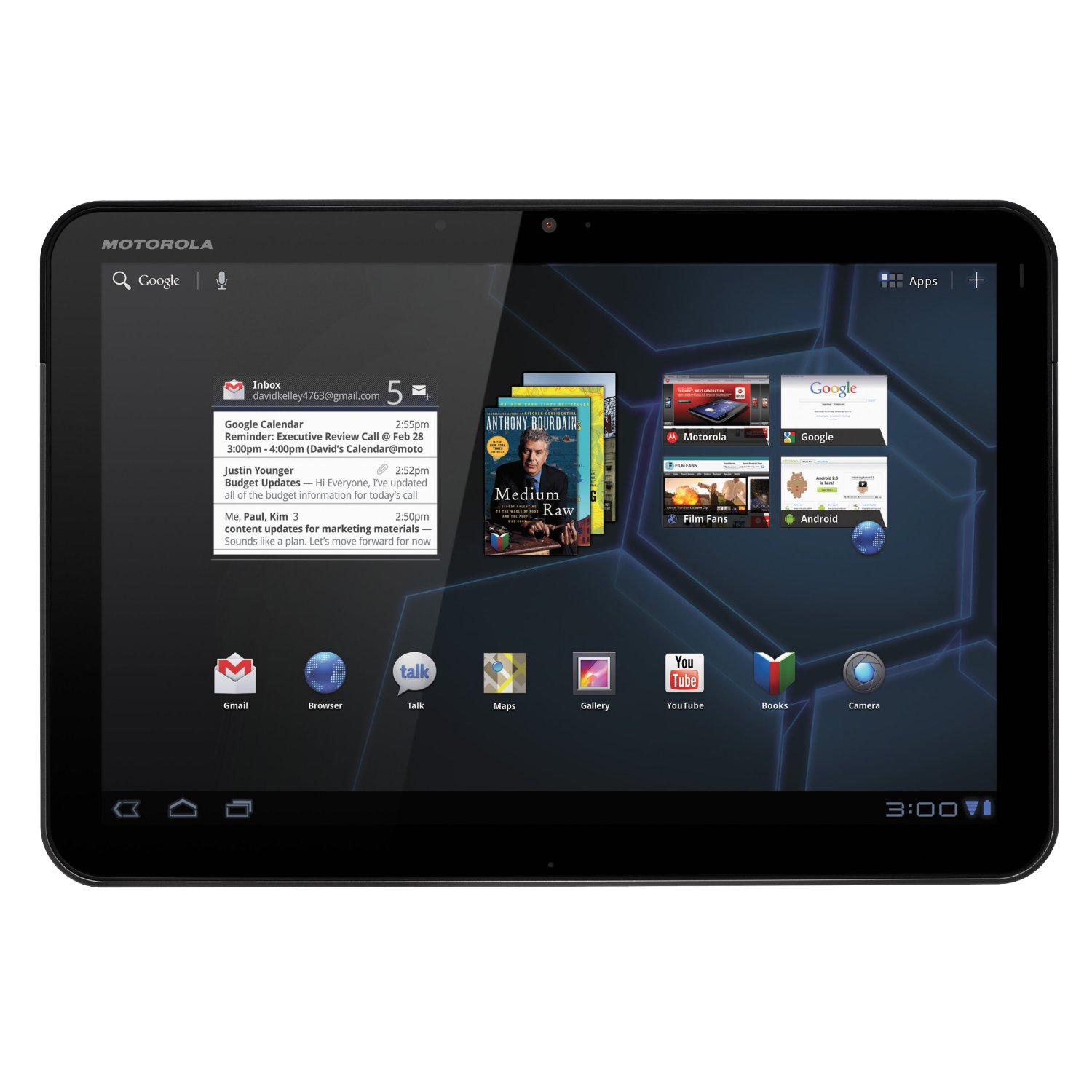Google’s attempt to block U.S. imports of iPhone and iPad thwarted as ITC remands investigation of one patent


Following the verdict in the Apple vs. Samsung trial today, where Samsung was found guilty of infringing various Apple patents related to the case, Apple is also coming out a winner, at least temporarily, in Google/Motorola’s attempt to block imports of iPhones and iPads to the United States.
In late June, we told you about Google’s attempt to block U.S. imports of iPhones and iPads based on a previous ruling that Apple infringed on one standard-essential Motorola patent. The initial ruling was under review by the ITC, which has power to block U.S. imports of Apple devices from Asia, with a decision expected at a hearing scheduled for today.
The ITC has now concluded its review (via paid blogger FossPatents), finding no violations for three of the four patents in the initial suit (including the one mentioned above), but remanded an investigation on a fourth, non-standard essential patent to Judge Thomas Pender. The result? According to FossPatents, there might be a violation and import ban related to the patent, but a remand and ITC review could take up to a year:
Expand
Expanding
Close
 As noted
As noted